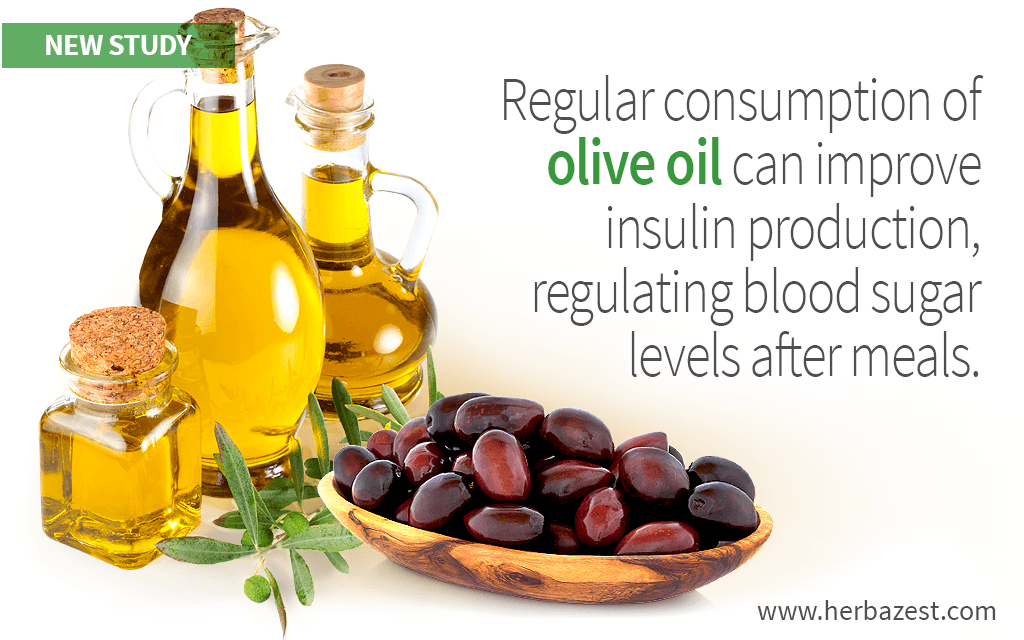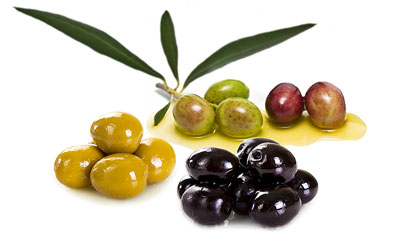While science has already established that excessive consumption of fatty acids leads to weight gain and eventually chronic illnesses - such as cardiovascular disease, high blood pressure, and diabetes - the protective action of unsaturated fats against insulin resistance has not been completely elucidated.
Insulin is a hormone produced in the pancreas, and it is released into the bloodstream in response to high blood sugar levels. It helps cells use glucose for energy.
The oil extracted from olives, contains oleic acid, an active compound that helps regulate insulin secretion, minimizing spikes in blood sugar levels after eating.
A recent in vitro study conducted in Japan has shed new light on the effects of monounsaturated fatty acids from olives and their insulin-regulating activity.
The Study
Since previous research has shown that eradicating or reducing protein tyrosine phosphatase 1B (PTP1B) enhances insulin signaling and glucose tolerance, the activity of this enzyme was analyzed in vitro.
PTP1B works as a key negative regulator in the insulin signaling pathway, contributing to the development insulin resistance and glucose imbalances.
Among other biological compounds, protein kinase B (Akt), an enzyme that plays a central role in the transport of glucose into cells in response to insulin, was also studied.
The Results
The way these enzymes reacted to the presence of oleic acid confirmed what the researchers already suspected, that monounsaturated omega-9 fatty acids inhibit the action of PTP1B, thus allowing Akt to successfully transport glucose.
Researchers were able to establish that the oleic acid found in olive oil helps improve glycemic control by optimizing the production of insulin, leading to lower blood sugar levels after meals.
What Does This Mean?
This study could have a beneficial effect on people with type 2 diabetes, which is the most common form of the disease. In this condition, the body has grown insensitive to the presence of insulin, which causes abnormally high blood glucose levels. This study sheds light on the potential health benefits of olive oil, providing preliminary evidence of the therapeutic action of oleic acid on the production of insulin.
Sources
- Current Drug Targets - Immune, Endocrine & Metabolic Disorders, Protein-tyrosine phosphatase 1B (PTP1B): a novel therapeutic target for type 2 diabetes mellitus, obesity and related states of insulin resistance, 2001
- Journal of Pharmacological Sciences, Oleic Acid Stimulates Glucose Uptake Into Adipocytes by Enhancing Insulin Receptor Signaling, 2014





